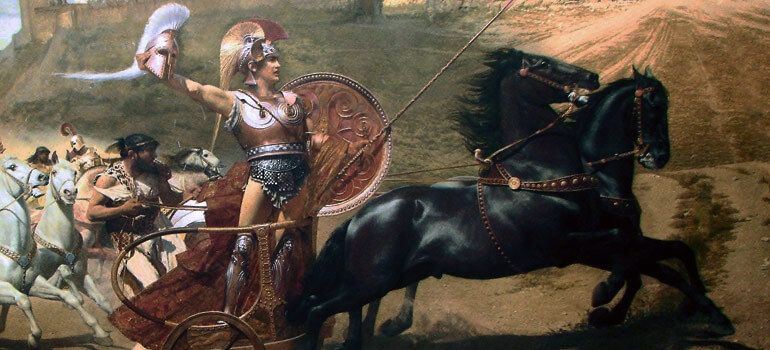
The heart of a classical education is the cumulative study of Latin and the classical civilizations of Greece and Rome. In the Western tradition, education has always been synonymous with classical education. It began with the Greeks and Romans, was preserved and expanded by Christians during the Middle Ages and Renaissance, and continued unabated until … Continue reading
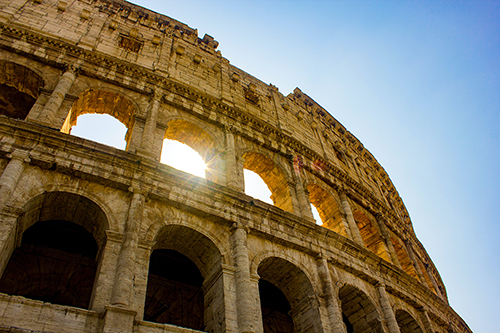
Critics of traditional American education have correctly observed that it focuses on the same 200 years of American history every year in K-8, and covers all the rest of the 6000 years of human history in one year of high school. Clearly this is a plan that has produced generation after generation of historically illiterate … Continue reading
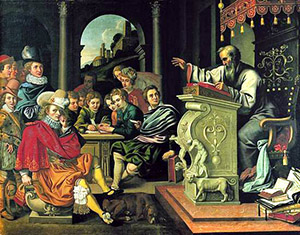
Memoria Press’ Two-Track History
For most classical educators, teaching history chronologically means covering the eras of history in three cycles, each cycle in increasing depth, and each cycle corresponding to one stage of the trivium. Here is a typical sequence of historical eras covered chronologically within each four year cycle: Old Testament and Egypt Greece and Rome Middle Ages, … Continue reading
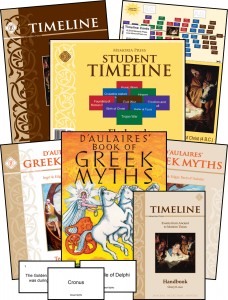
How to Teach History Chronologically
Benjamin Disraeli was one of the great 19th century prime ministers of Britain. His wife once revealed the confusion we all feel about the subject of history when she famously stated that she “could never remember who came first, the Greeks or the Romans.” Since American schools have largely ignored ancient and world history in … Continue reading
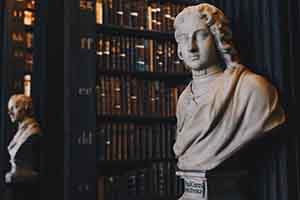
The Indispensable Classics of a Classical Education
This is the third and final in a series of articles describing Memoria Press’ history scope and sequence. My initial purpose for these articles was to give the reasoning behind our classical studies choices, and in particular to explain the sequence shown on our curriculum map on pages 20-21: 3rd grade Greek myths, 4th Rome, … Continue reading
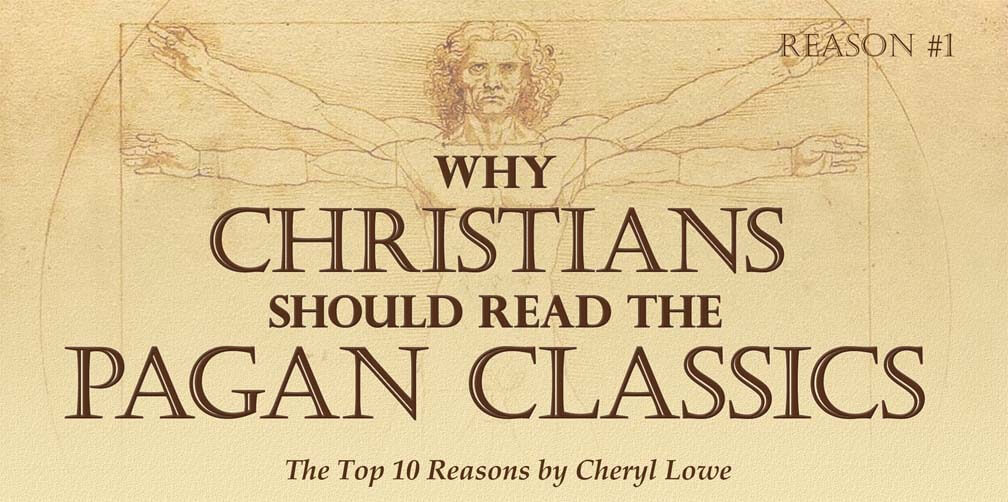
Why Christians Should Read the Pagan Classics – Reason 1: Architecture
Reason #1: Architecture The power of the word classic cannot be underestimated, communicating as it does the idea of excellence, truth, order, discipline, and beauty. The word “classic” brings to mind something that has withstood the test of time, and by virtue of this fact, participates in some way in the timeless and the eternal. And … Continue reading
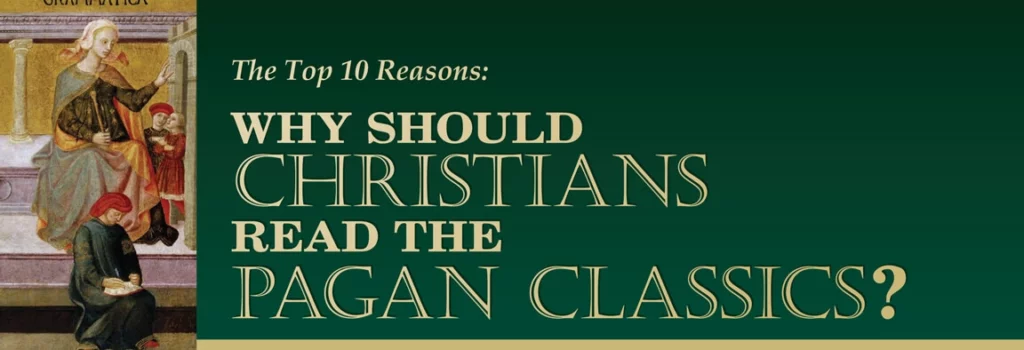
Why Should Christians Read the Pagan Classics? – Reason 2: Virtue
Reason #2: Virtue In the last article, we learned that the Greeks established the first principles of architecture by studying nature. The proportions that are most pleasing to the human eye are those of nature’s greatest work of art – the human body. We learned that God gave man reason and the desire to know, but he … Continue reading
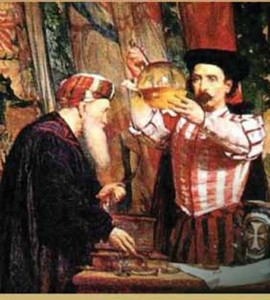
Why Should Christians Read the Pagan Classics? – Reason 3: Science
Reason #3: Science In the last two issues of the Classical Teacher, I gave several reasons why Christians should read the pagans. I talked about their contributions to architecture and discussed what they knew about virtue from the natural world which God created. These were some of the more obvious reasons. But there is another … Continue reading

Why Should Christians Read the Pagan Classics? – Reason 4: Education
Reason #4: Education A classical education focuses on the study of the classical languages, Latin and Greek, and on the study of the classical civilization of Greece and Rome. But why is the word classical reserved only for the languages of the Greeks and Romans and only for their civilization? What really is so special … Continue reading

Why Should Christians Read the Pagan Classics? – Reason 5: Natural Law
Reason #5: Natural Law What did the first Continental Congress mean when it appealed to “the immutable laws of nature,” or Thomas Jefferson when he referred to the “Laws of Nature and of Nature’s God and the unalienable rights of man”? Natural law. The principle of natural law is embedded in Western civilization, the Declaration … Continue reading

Why Should Christians Read the Pagan Classics? – Reason 6: Government
Reason #6: American government and political science will come alive when you read the Greeks and Romans, the same way that words come alive when you study Latin and Greek. There were many influences on the Founding Fathers, and certainly the modern philosophers – Locke and Hume – were important along with the tradition of English liberty. But separation of powers, … Continue reading

Why Should Christians Read the Pagan Classics? – Reason 7: Religion
Reason #7: Religion Saint Augustine in his Confessions tells us that after many years of wandering in the desert of indecision, it was Cicero who led him to Christ. Cicero’s Hortensius set him on the path to Christian conversion by implanting in him a longing for the immortality of wisdom. The text of Hortensius did … Continue reading

Why Should Christians Read the Pagan Classics? – Reason 8: Philosophy
Reason #8: Philosophy Philosophy is a deep subject that can be quite intimidating. Modern philosophy is so esoteric that few can understand or relate to it, but classical philosophy is different. As with so many things, if you go back to the beginning and learn first principles, you can develop a deep and satisfying understanding … Continue reading

Why Should Christians Read the Pagan Classics? – Reason 9: Human Condition
Reason #9: Human Condition When it comes to the human condition, we may think that Scripture is all we need. After all, Scripture does show us our true human condition in a way that the Greeks did not and could not: our relationship to God, that we are sinners, that we are a fallen race in … Continue reading

Why Should Christians Read the Pagan Classics? – Reason 10: Literature
Reason #10: Literature What is literature, and what is it for anyway? Have you ever wondered that? It’s not practical like science and math, so what is its purpose? Why do we include literature in our curriculum, how do we choose it, and what do we hope to achieve by reading literature? These are some … Continue reading

The Yearnings of the Pre-Christian World
Very often we call something modern because we do not know what is ancient. Many so-called “modern” ideas are really old errors with new labels. We owe a greater debt to the past than is generally recognized. The waters of ancient cultures are constantly washing our shores. One of the greatest epic poets who … Continue reading
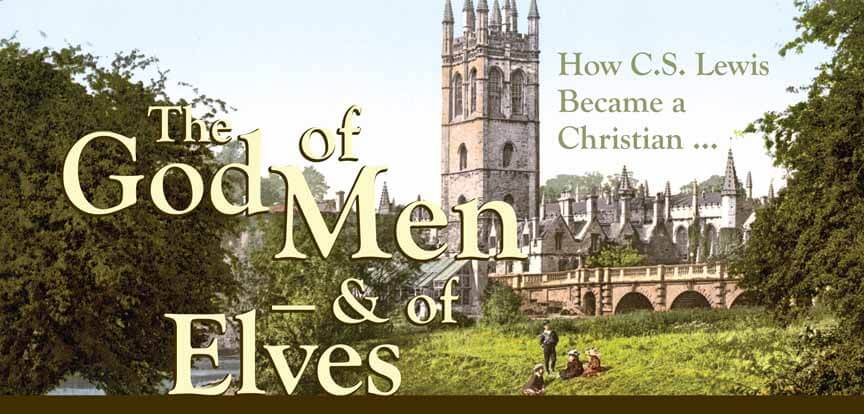
From earliest times, Christians have argued about the role of pagan learning in Christian education. The debate has never gone away, but generally speaking, the church has preferred rather to use the learning of the pagans than to repudiate it. An essential part of the classical Christian education that held sway in schools from the … Continue reading
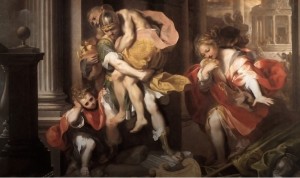
The Flaming Arrow of Classical Education: The Funeral Games in the Aeneid as a Symbol and Hope
Imagine an arrow shot into the air, and high in flight, it bursts into flame. How cool would that be?! If you saw this spectacle, you would probably deem it a wonder, or perhaps a symbol or sign. This is how Aeneas and the Trojan remnant (traveling with him after the fall of Troy) responded … Continue reading
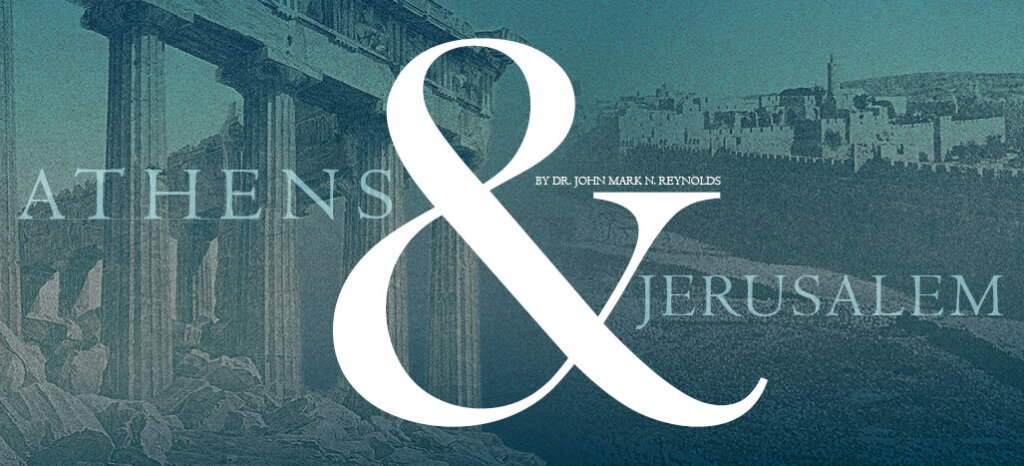
In God’s providence, Christianity was born at a time when Greek and Roman thought dominated the ancient world and influenced everyone and everything – including the Jews and Judaism. Christendom, the culture of Christians after Jesus’ life, death, and resurrection, was the product of Christians making sense of both Greek and Jewish heritages. Christianity in the East … Continue reading
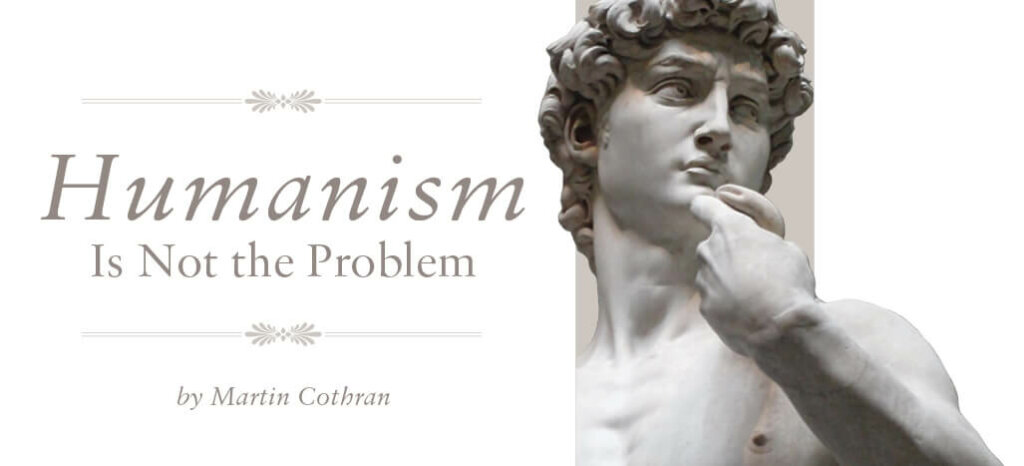
What precisely is Western culture? In a nutshell, it is the civilization that derives from the cultures of Athens, Rome, and Jerusalem, that was conquered and transformed by Christianity, and which has been handed down through the centuries by an education system which in more recent times has been referred to as “classical education.” These … Continue reading
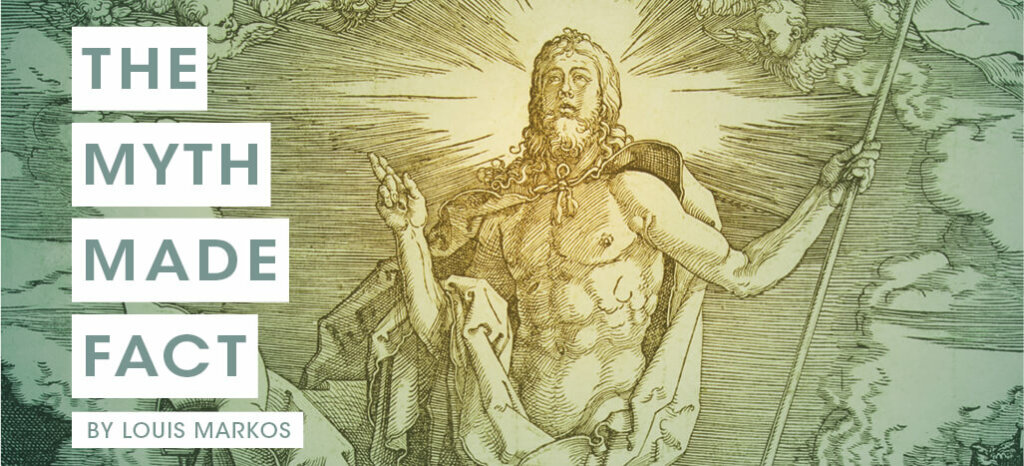
Though most readers are aware that C. S. Lewis spent many years as an atheist before becoming a Christian at the age of 32, fewer know that his conversion occurred in two distinct stages. Before embracing Christ as the only-begotten Son of God, Lewis spent over a year as a theist, believing in the existence … Continue reading

Indiana Jones and the Mystery of the Lost Scrolls: Interview with Professor Brent Seales
Can you explain what it is you do? Reading about you makes me think of Indiana Jones, except maybe without the chase scenes. Yes, well, certainly these things can sound more glamorous than they really are! As a computer scientist and a computer vision imaging specialist, I am interested in both increasing access to and … Continue reading
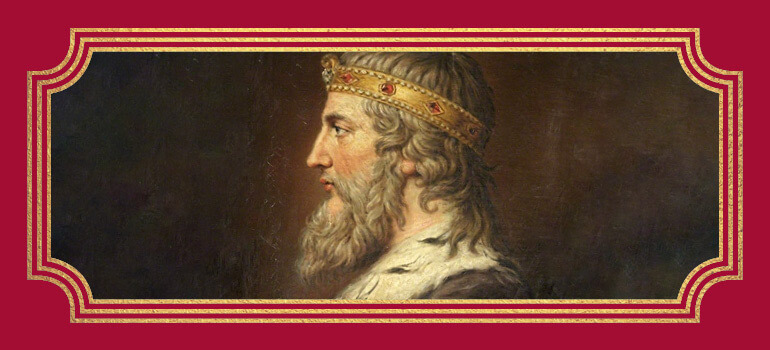
In the history of the British people there has only ever been one monarch called great. Alfred the Great reigned in Wessex from 871-899 A.D., but unlike other “great” rulers, like Alexander, Alfred is not known for how much territory he conquered. In fact, G. K. Chesterton immortalized Alfred’s reluctance to conquer more land in … Continue reading